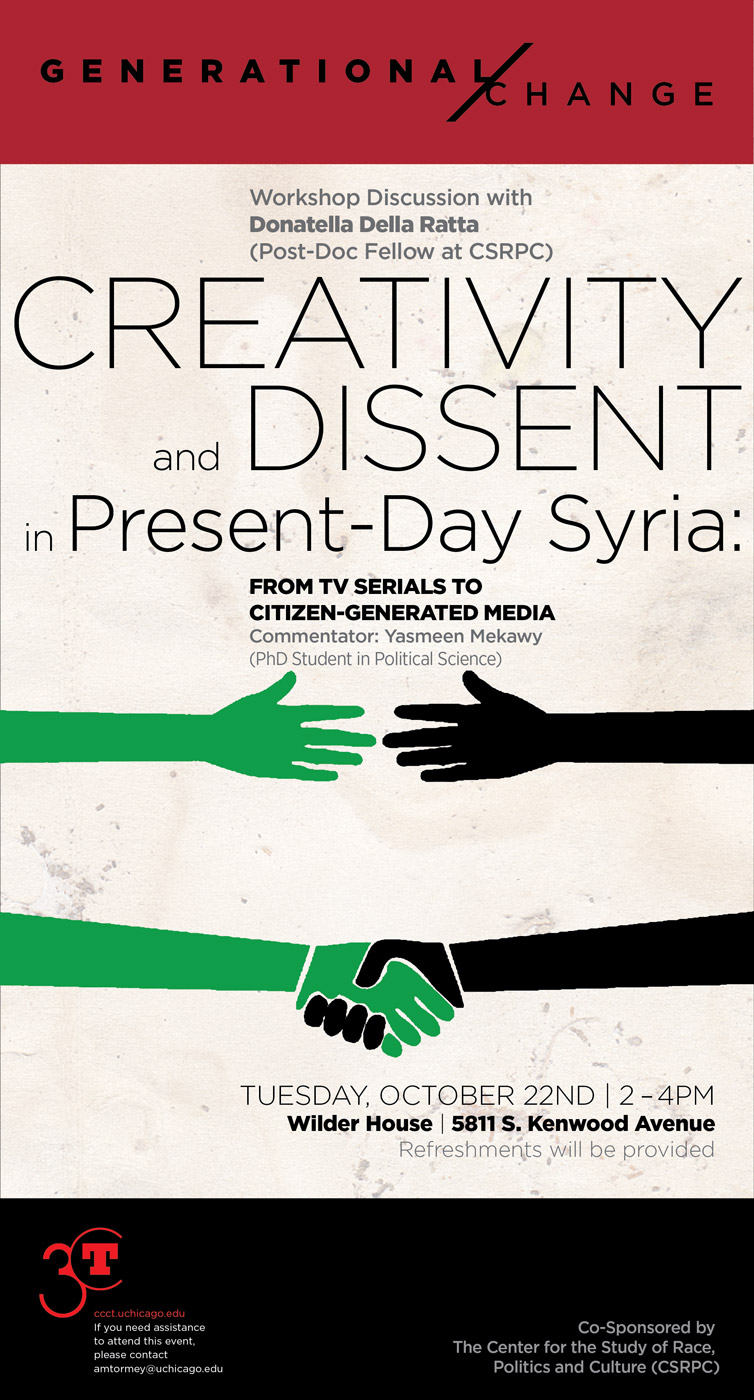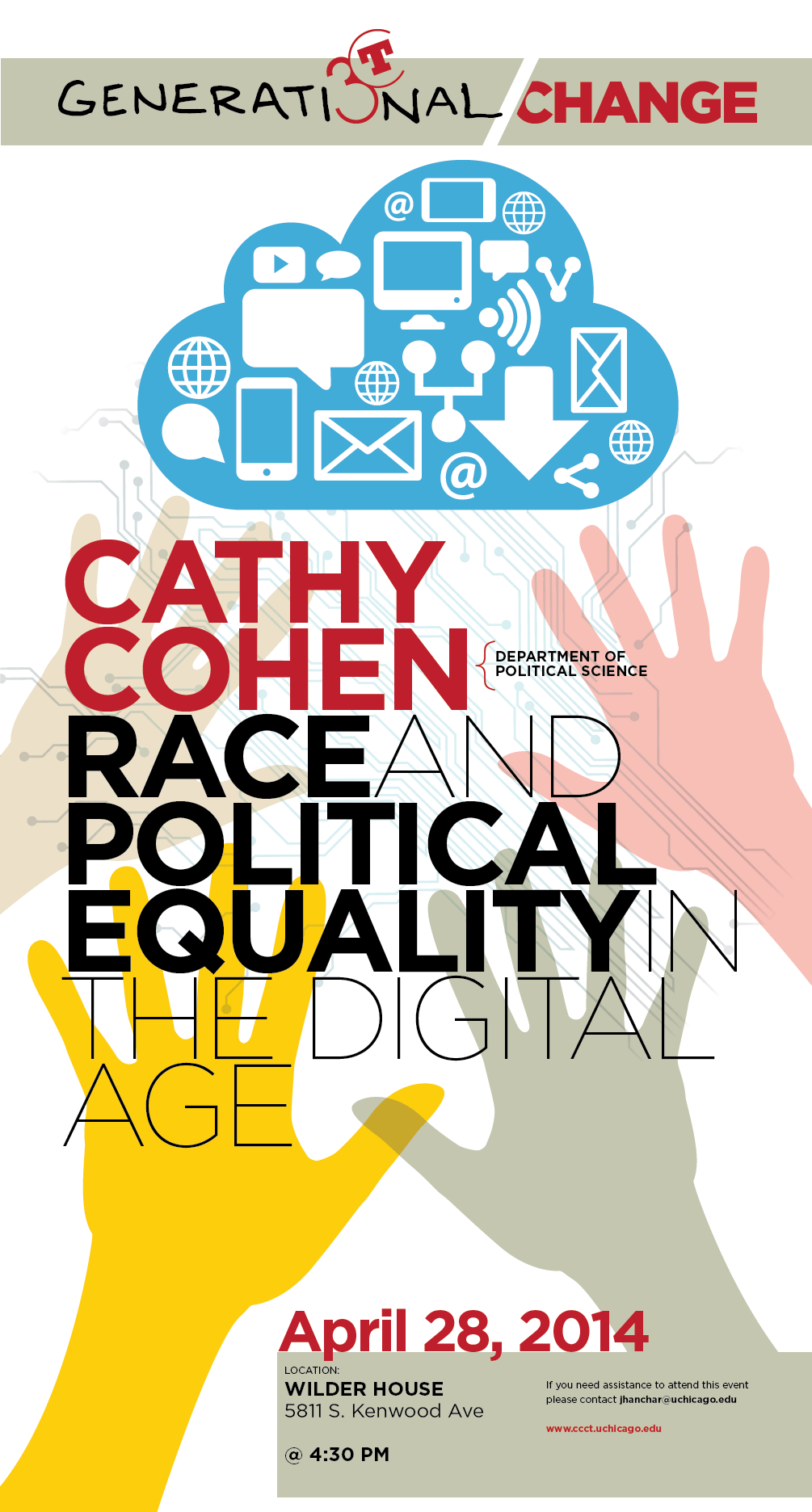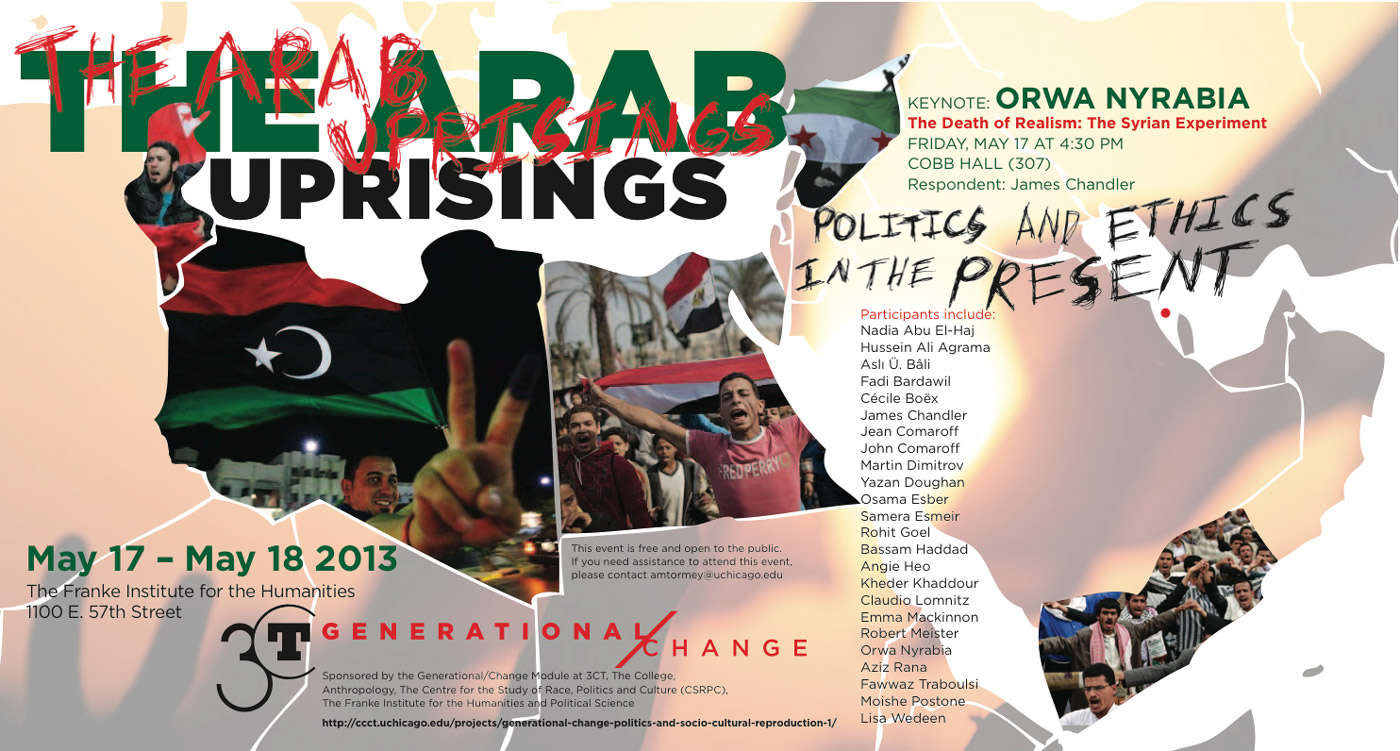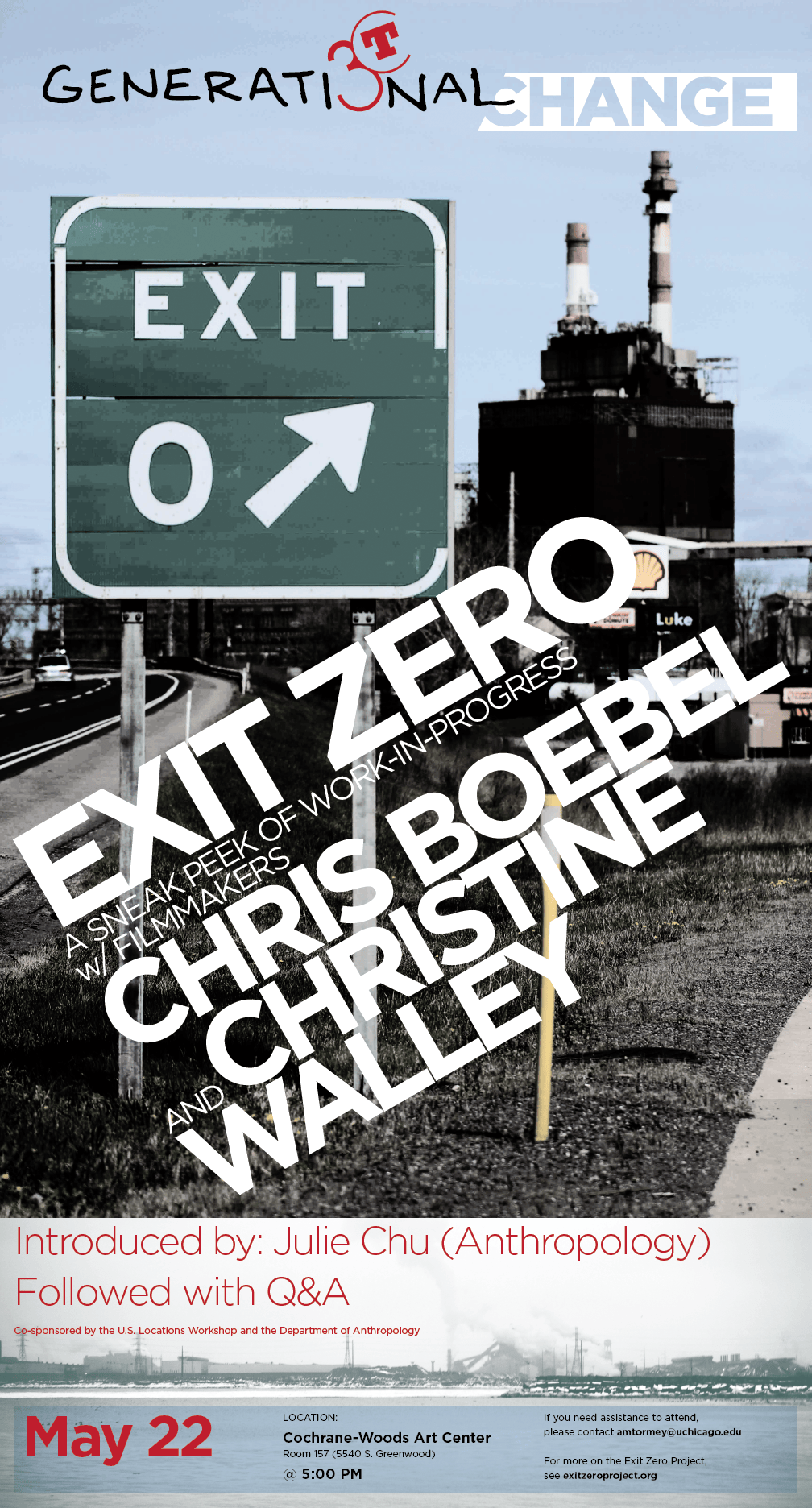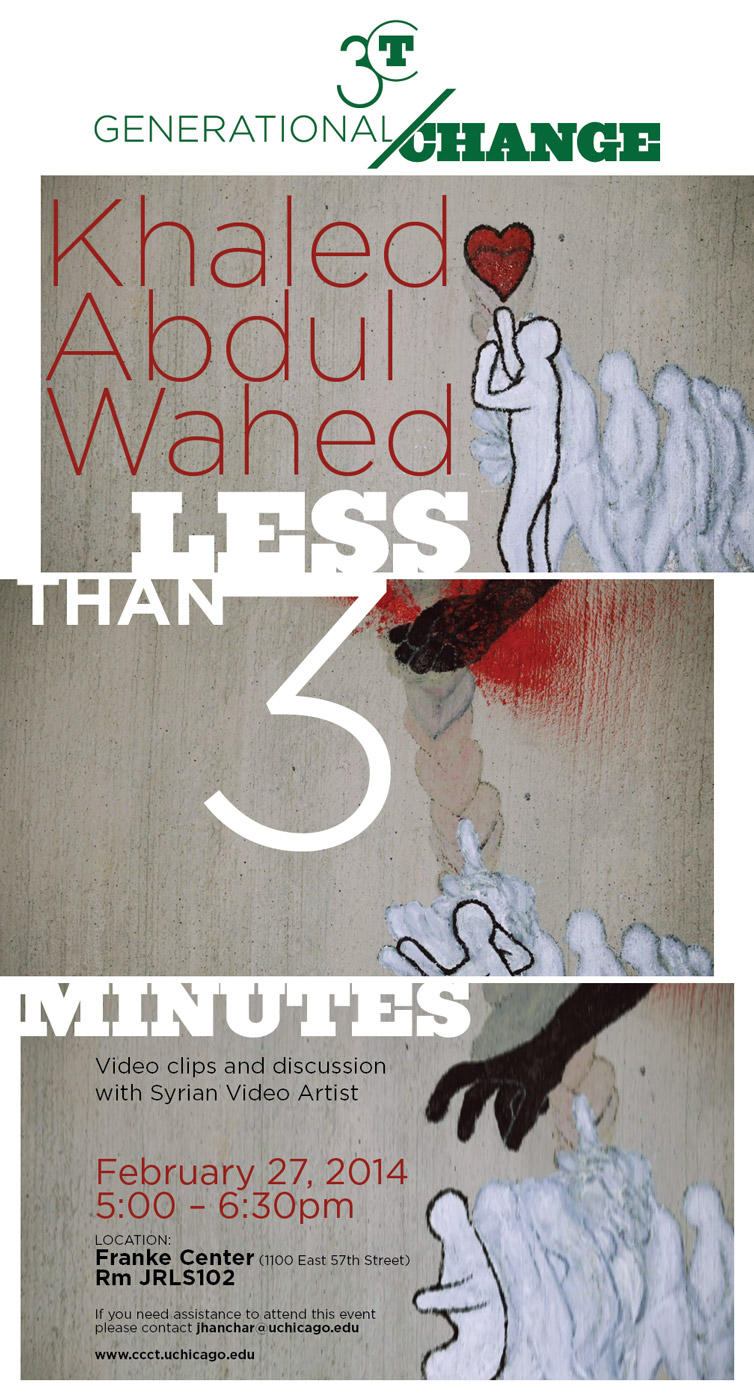Affiliated Faculty: Cathy Cohen (Political Science), Jennifer Cole (Human Development), Julie Chu (Anthropology), Michael Dawson (Political Science) and Rochona Majumdar (South Asian Languages and Civilizations, 3CT).
Recent work in social theory has emphasized the importance of generation to our understanding of contemporary transformations, often insisting that a focus on class or institutions is outmoded, no longer up to the task of grasping the mechanisms for either reproducing or transforming the prevailing order. And yet, as the expansion of the free market runs up against the retreat or reorientation of the welfare state, the modernist ideal according to which each generation does better than its predecessor is challenged by conditions that imperil the unskilled young—and these days even some of the educated. Indeed, generation may simply be an especially fertile location onto which anxieties related to insecure or disheartening class locations are displaced.
This module investigates the relationships among generation as an organizing principle for political action, the ongoing effects of contemporary market reforms, the persistence of class as an analytic category and a source of political identification, new ethical and political forms of comportment, and the relevance of consumption to understandings of selfhood. We will also explore themes such as the purported “crisis of community” in places where earlier visions of collectivity are no longer possible or desirable; emergent forms of generational conflict and accommodation; ideologies of the “good life”; and the varied expressions of both discontent and aspiration that seem to be arising out of the workings of neoliberal capitalism.
The comparative and ethnographic nature of this module requires that attention also be given to citizens’ differing expectations about living standards in the global north and south; the role of the left in sustaining or undermining class as the key category through which identity claims get made; the politics of piety in everyday life; innovations and technology and the possibilities and limitations they pose for the political; and the ways in which regimes of management—both autocratic and democratic—are apprehended by young people in the context of consumer desire, economic opportunities, thwarted ambition, generational change, political turmoil, and, in some contexts, world shattering violence.
